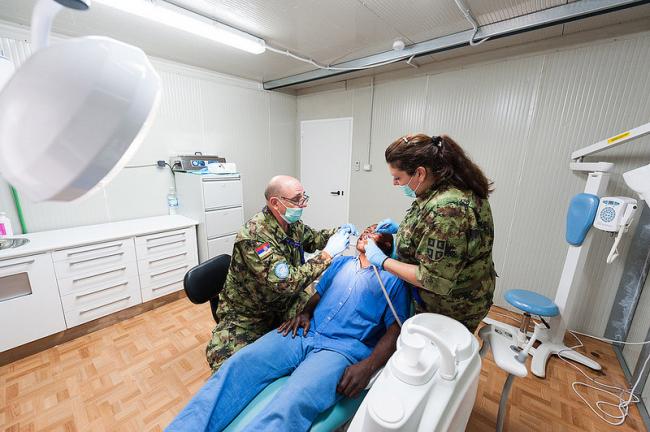
Three years of violence halt government health services in Central African Republic – UN
The UN Office for the Coordination of Humanitarian Affairs (OCHA) said that access to health is very poor throughout the country, except in the capital Bangui, and insecurity also impedes or delays responses elsewhere.
Currently 1 million people are assisted by 31 health cluster partners including non-government organizations and UN agencies. Aid agencies use mobile services to help thousands of displaced in areas not covered by the Ministry of Health's basic facilities.
Preventive activities, primary and secondary health care, all functional referral hospitals, early warning mechanisms and rapid outbreak response capacity and psychosocial support remain essentially reliant on humanitarian actors, OCHA said.
UN Photo/Catianne Tijerina
Support Our Journalism
We cannot do without you.. your contribution supports unbiased journalism
IBNS is not driven by any ism- not wokeism, not racism, not skewed secularism, not hyper right-wing or left liberal ideals, nor by any hardline religious beliefs or hyper nationalism. We want to serve you good old objective news, as they are. We do not judge or preach. We let people decide for themselves. We only try to present factual and well-sourced news.







